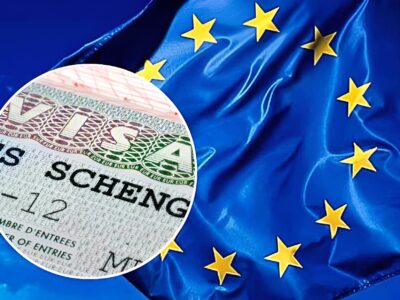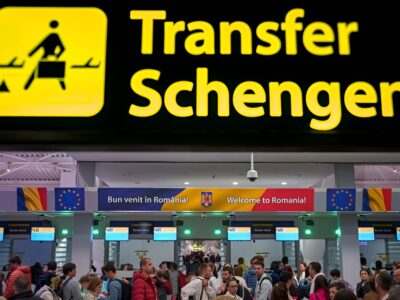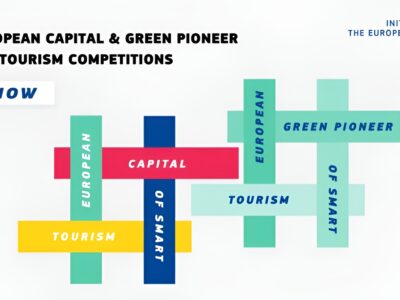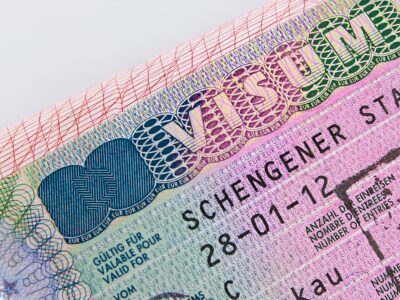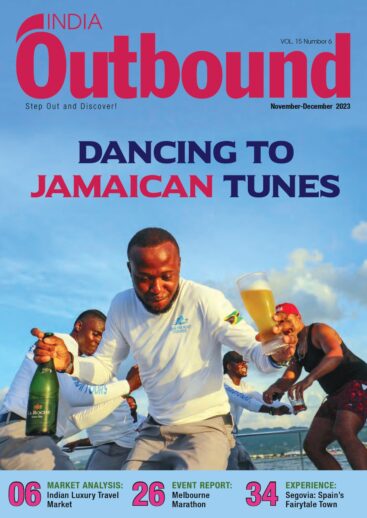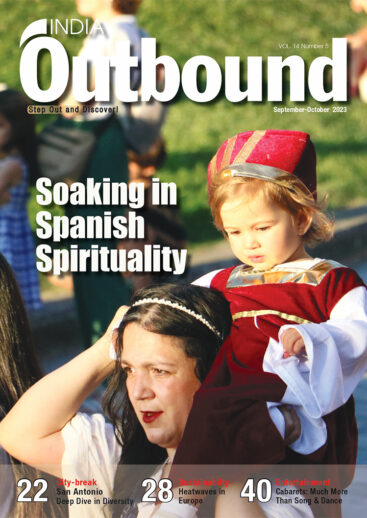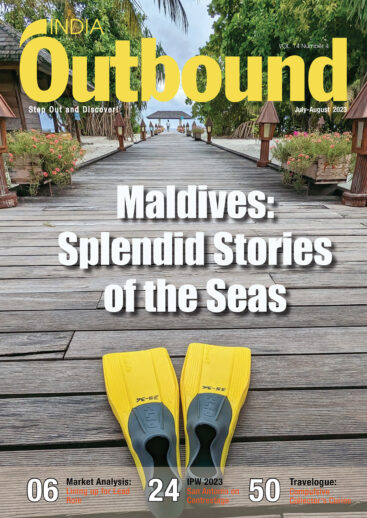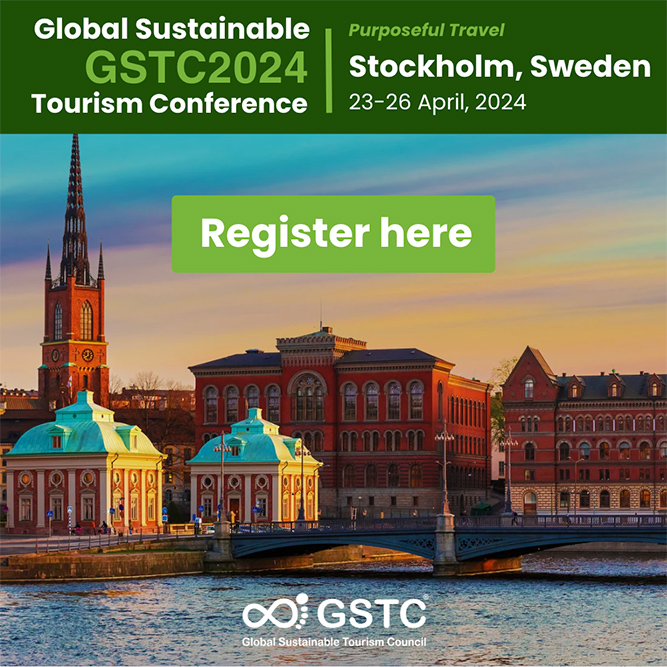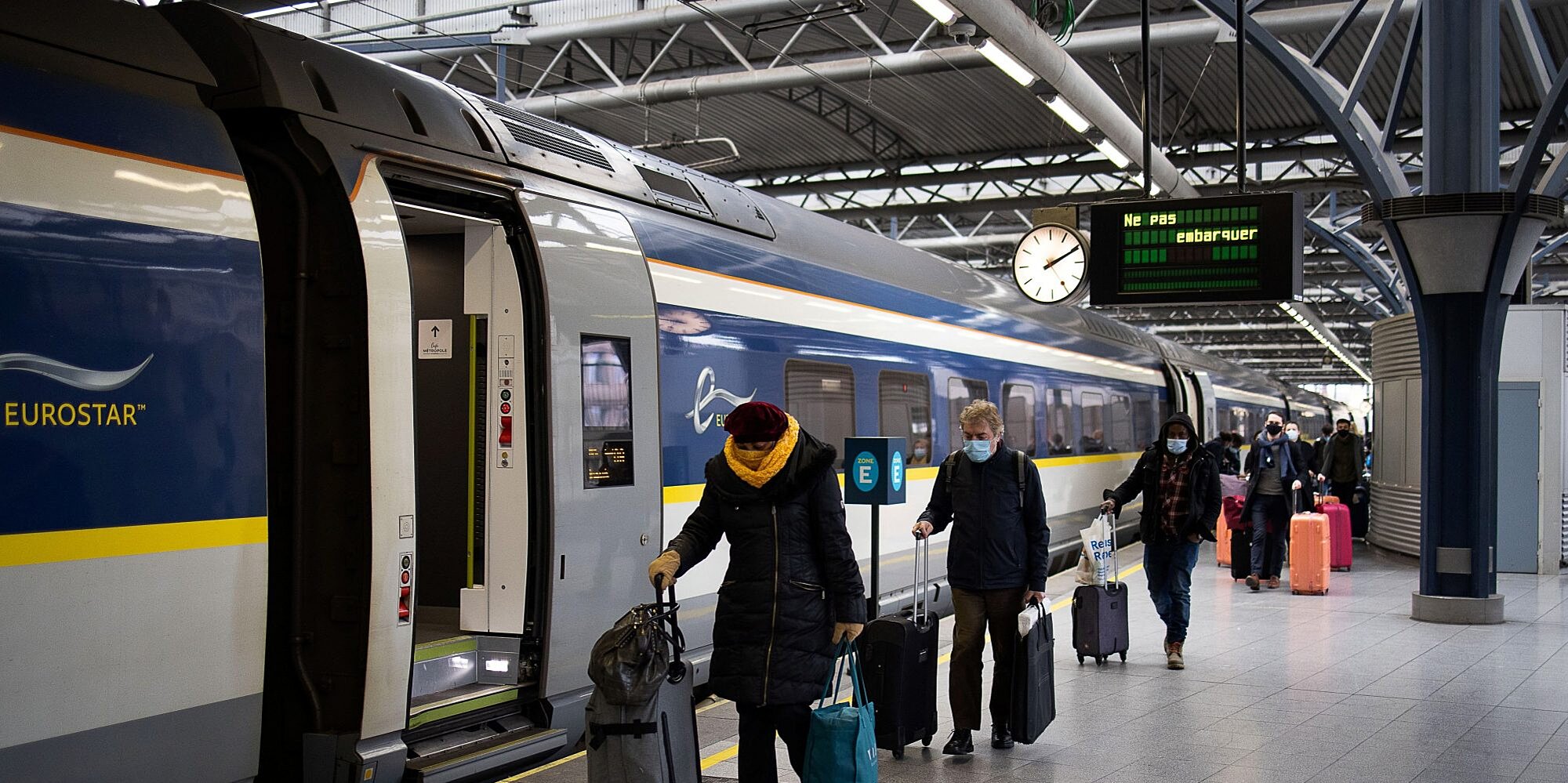
EU’s 27 member states have been debating for weeks how to contain the virus without disproportionately disrupting travel within the border-free European Schengen area
On Friday evening, immense queues of anxious travellers ran all over the St Pancras International Railway Station in central London from where they were to board Eurostar trains to Paris as France changed its classification of the United Kingdom and banned non-essential travel citing the spread of Omicron variant of Covid-19 pandemic.
The travellers were harassed and complained of the last minute and unnecessary change to the rules by France, which forced them to advance their Christmas travel by several days, at a huge cost. Barely three days later, today, Germany follows France in imposing similar conditions on travel from and to the UK. Weeks ago, as soon as Omicron was detected in South Africa, a whole host of countries in Europe and other developed nations imposed a blanket ban on all flights from and to a number of southern African nations, imposing a tremendous penalty on the countries that had hoped to see some revival of tourism during the winter break.
When a couple of Omicron cases were detected in Israel, the government there too, closed borders, barely days after it had reopened after a gap of two years. The bans have only multiplied since as numerous countries have followed suit in panic reaction mode, putting a pall of gloom over the festive season, which had held the promise of bringing robust recovery in the global travel and tourism industry.
Meanwhile, the EU’s 27 member states have been debating for weeks how to contain the virus without disproportionately disrupting travel within the border-free European Schengen area. Italy, Greece, Portugal and Ireland are among the countries that have recently implemented tightened restrictions on travellers from within the EU. For example, Italy has begun requiring all travellers from EU countries to present a negative Covid-19 test on arrival, even if they have been vaccinated, through the end of January. Unvaccinated travelers are required to quarantine for five days.
Following a recent summit of EU leaders in Brussels, officials concluded that any restrictions should be coordinated, based on objective criteria, and should not disproportionately hamper free movement between member states. ‘‘Adding tests to vaccine certificates means undermining the value of the COVID-19 certificate,’’ a European diplomat was quoted by media last week, referring to the document that allows holders to travel freely across EU borders if they have been vaccinated, have recovered or have tested negative recently.
Earlier last week, the European Centre for Disease Prevention and Control stated that Omicron was more transmissible and likely to become the dominant variant in Europe within the first two months of 2022 but stopped short of proposing travel restrictions, noting that the variant was already present in many EU states and was often transmitted locally.
The European Commission has proposed that member states require a negative test only for people arriving from outside the EU, regardless of vaccination status. The Commission is also considering a change to the Covid-19 certificate that would make proof of vaccination sufficient for unimpeded movement across the EU for up to nine months after completion of the primary vaccination cycle.
Travel industry alarmed over panic responses
The restrictions have alarmed the global travel and tourism industry, especially as an overwhelming proportion of Omicron infected patients display minor symptoms and so far only death has been reported in the world and even there it is not clear if the death was caused by Omicron.
The industry had hoped to begin the long journey to recovery from the worst-ever performances over the past two years, as collectively the airline, transport, hospitality and tourism industry lost over USD 2 trillion and millions of jobs due to the prolonged border closures. Most analyses, including by the United Nations World Tourism Organisation, pointed to a slow and painful recovery to pre-pandemic level only by 2024 and this was before the Omicron-triggered border closures.
As the winter travel season is an important segment of the year, ranking only behind summer, most players in the industry had been looking for a return of some semblance of normalcy starting from the Christmas-New Year period. Hence, the latest series of border closures comes as a shock to the entire industry.
Meanwhile, airports and airlines urged governments across Europe to follow the most recent guidance from the European Centre for Disease Control and take action to rescind the recently imposed Omicron-related travel restrictions where community transmissions are already present.
The new ECDC guidance published calls for urgent and strong action to slow down the spread of the Omicron variant and thus alleviate the pressure on healthcare systems and protect the most vulnerable, and rightly so. However, with the Omicron variant now present across Europe and infections predominantly driven by community transmissions rather than travel-related cases, the ECDC acknowledges that such action no longer needs to involve travel restrictions. Governments should now focus on beefing up a range of measures aimed at directly limiting local transmissions – including avoiding large public or private gatherings, using face masks, reducing social contacts, along with expanded testing, strong contact tracing and increased vaccination.
The European travel industry, notably the European airlines association, Airlines For Europe (AFE) and Airports Council International Europe (ACI Europe), the association of European airports, warns that the recent proliferation of travel restrictions puts the EU Digital Covid Certificate (DCC) at risk, eroding its very “raison d’être”. Effective coordination and coherence must be ensured not just within the EU, but on a pan-European level.
“The ECDC has always been clear that travel restrictions can only delay the introduction of new variants and that once a new variant is present across Europe and in community transmission, they no longer serve any purpose. This is exactly the point we are reaching with Omicron. Maintaining testing and quarantine requirements for vaccinated travellers will only bring hardship to the livelihoods and economies of those affected by and reliant upon the travel industry. There is no longer any corresponding health safety benefit. Knee-jerk responses contrary to expert guidance benefits no one and adds to the burden our citizens are already carrying,” said Olivier Jankovec, director general of ACI EUROPE and Thomas Reynaert, managing director of Airlines for Europe (A4E) in a joint press communique last week.








